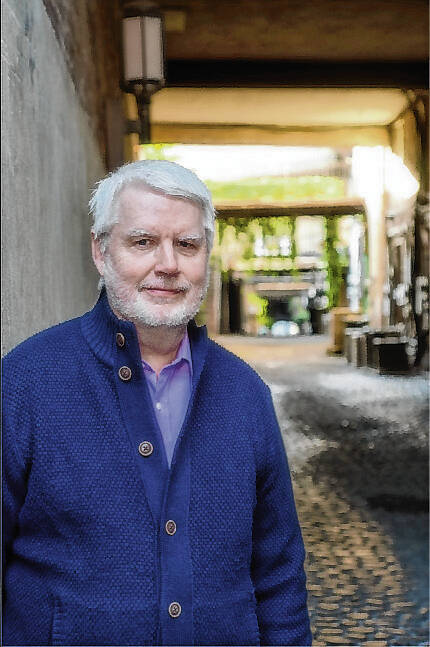A few weeks ago, a friend at church reminded me that the service isn’t over with the benediction. We were sitting downstairs at the coffee hour when he told me that the scripture from that morning had been one that changed his life years before. He then shared what the passage had meant at a crucial time in his own life.
I was reminded of a belief in Hasidic Judaism. After the Shabbat service is over, members of the community gather with the rebbe, the worship leader and teacher, and share stories, much like my friend was sharing with me. But what the Hasidic community believes is that in the retelling of a story — for example, a healing story — the power of healing is released in the retelling.
Too often in faith communities, it seems like we are listening to a monologue from the priest, minister, imam or rabbi. We hear his or her thoughts on a sacred text and at the service’s close, we might offer our thanks for what was said.
My friend reminded me that reading and commenting on a sacred text in a service isn’t a monologue, but begins a dialogue. I needed to be reminded of this. In my graduate courses in biblical theology, I was trained that the first task, when any sacred text is read, is to pay attention to what the text meant originally, in its historical context. Only when we understood what the writer meant in his or her day could we ask what the passage means in our own day, in our own lives.
My training must have sunk in because whenever I hear a passage of scripture read, I still initially ask what the passage meant in the writer’s time. And I continue to believe that is important, as it prevents my taking a passage out of its historical context.
But what the Hasidic community and my friend remind me of is that sacred texts and stories are alive. Yes, they have a historical background, but they continue to speak and transform lives. Their power is released again whenever they are heard.
After my friend shared what the scripture of that morning had meant to him, I thanked him for trusting me with his story. He revealed something personal about himself, but he also revealed the power of the scripture. He helped me understand how an ancient text lives on.
At the end of our conversation, I shared with my friend that I wished there were an opportunity for the wider faith community, not just me, to know what the passage had meant to him. We agreed that it might be unwieldy to set aside a part of the service for responses from the congregation, but why can’t faith communities have a place on their websites where people could share how the scripture, the homily, a hymn or prayer came alive for them?
As I write this column, a final thought comes to mind. Having done a fair share of speaking in faith communities myself, I have often left the experience wondering if anything I said was meaningful to those present. Wouldn’t every minister, priest, rabbi and imam love to know how the sacred text and their comments weren’t just words, but living words, words that changed lives?
David Carlson of Franklin is a professor emeritus of philosophy and religion. Send comments to [email protected].





